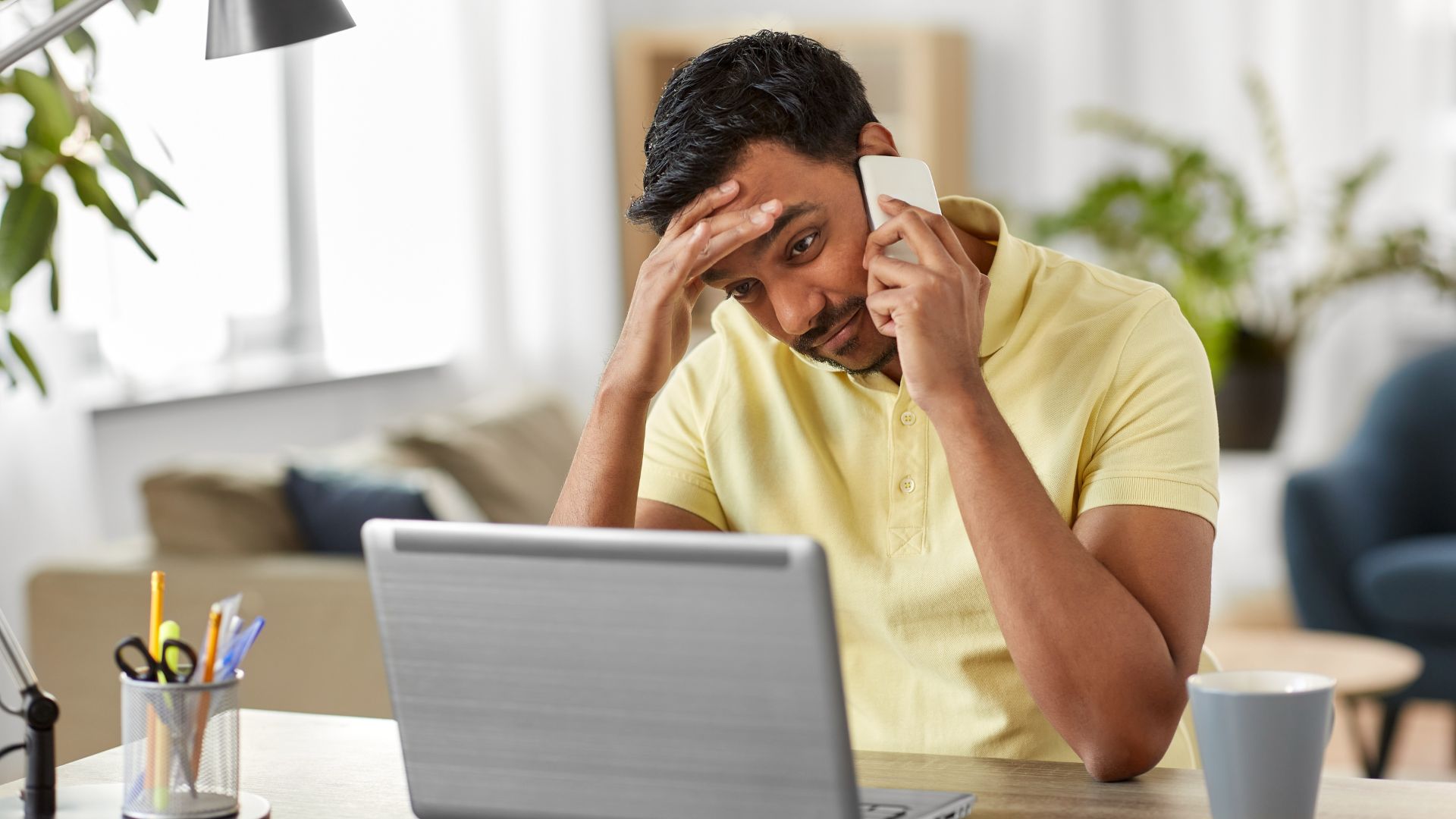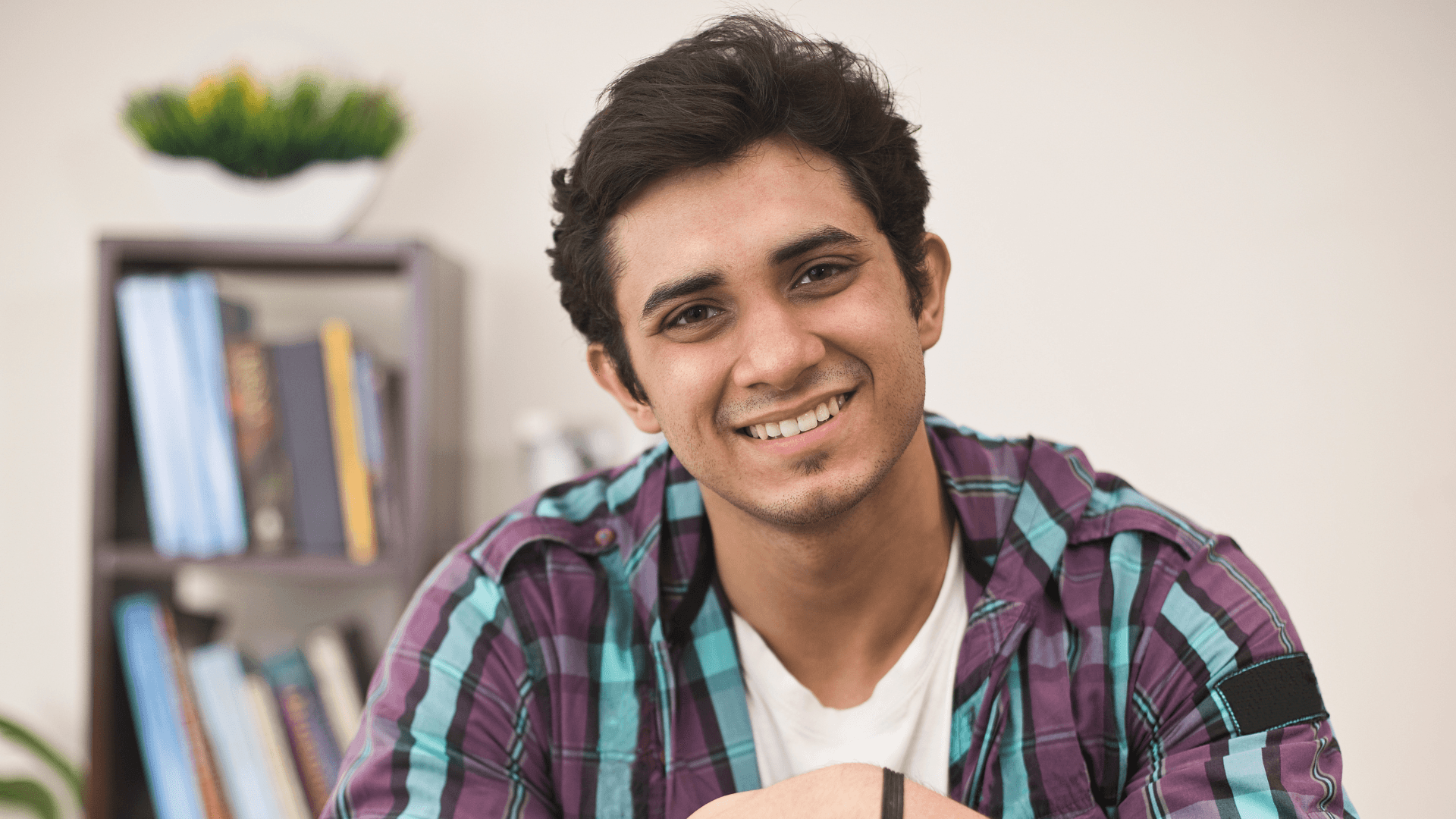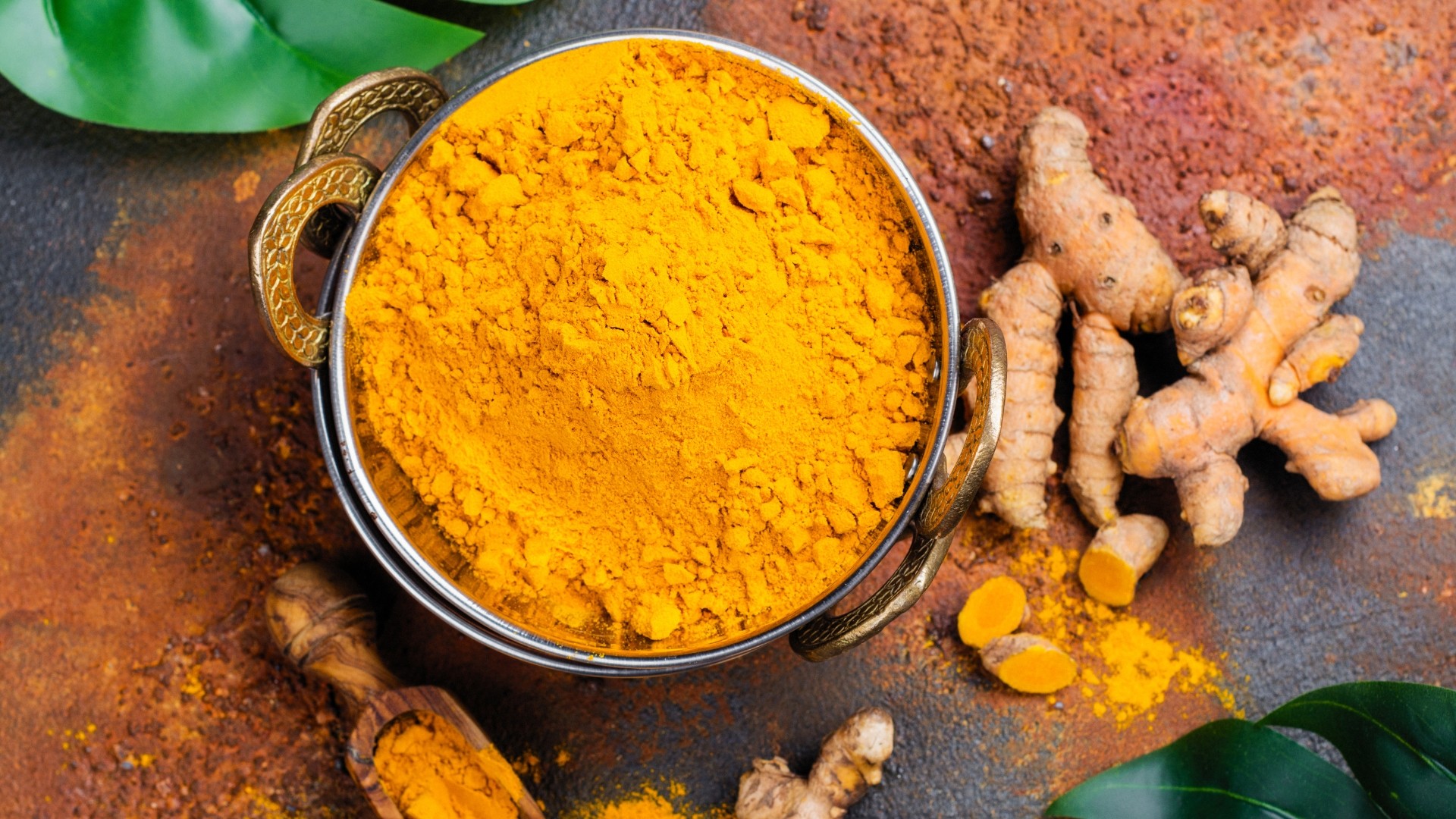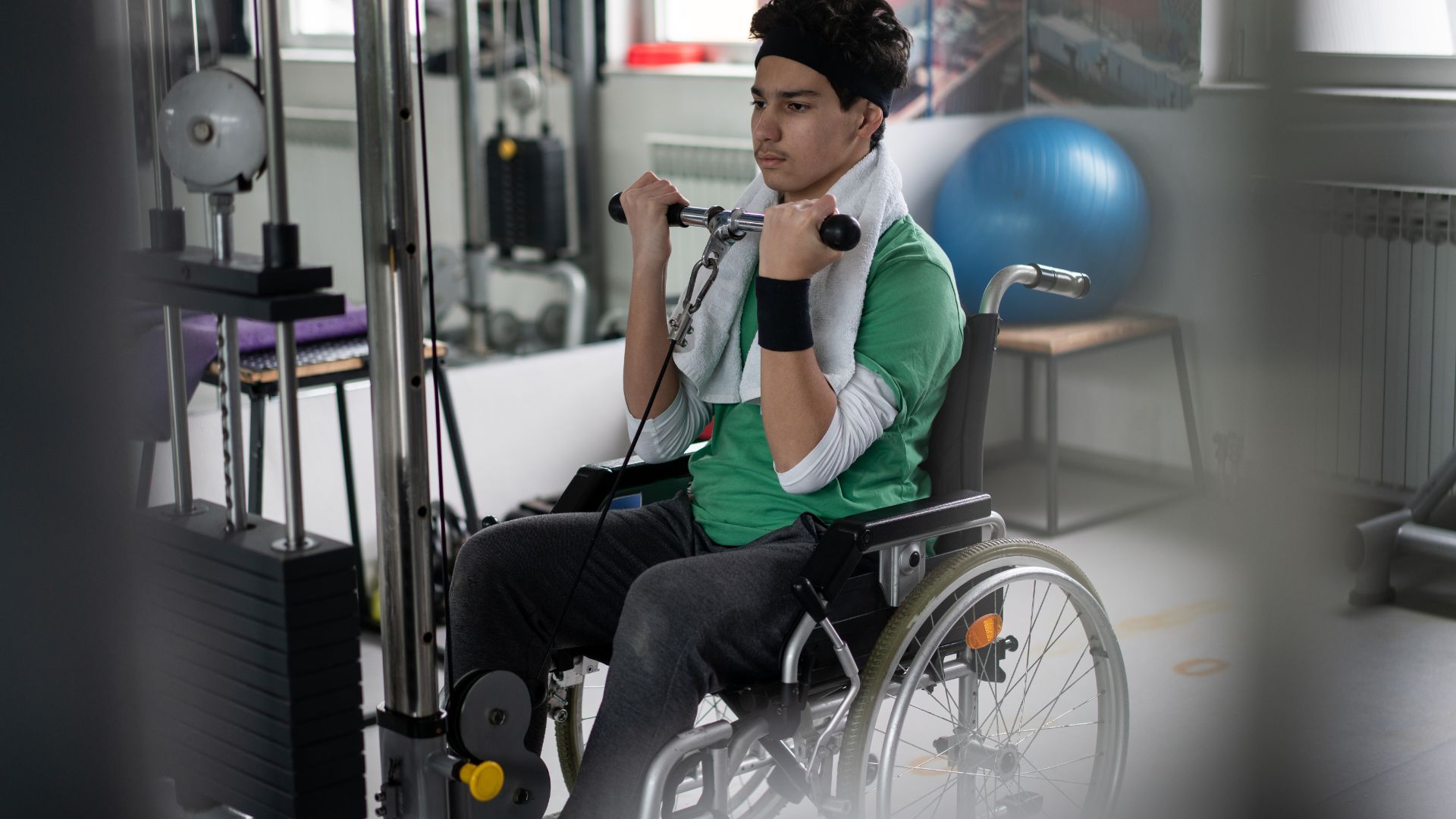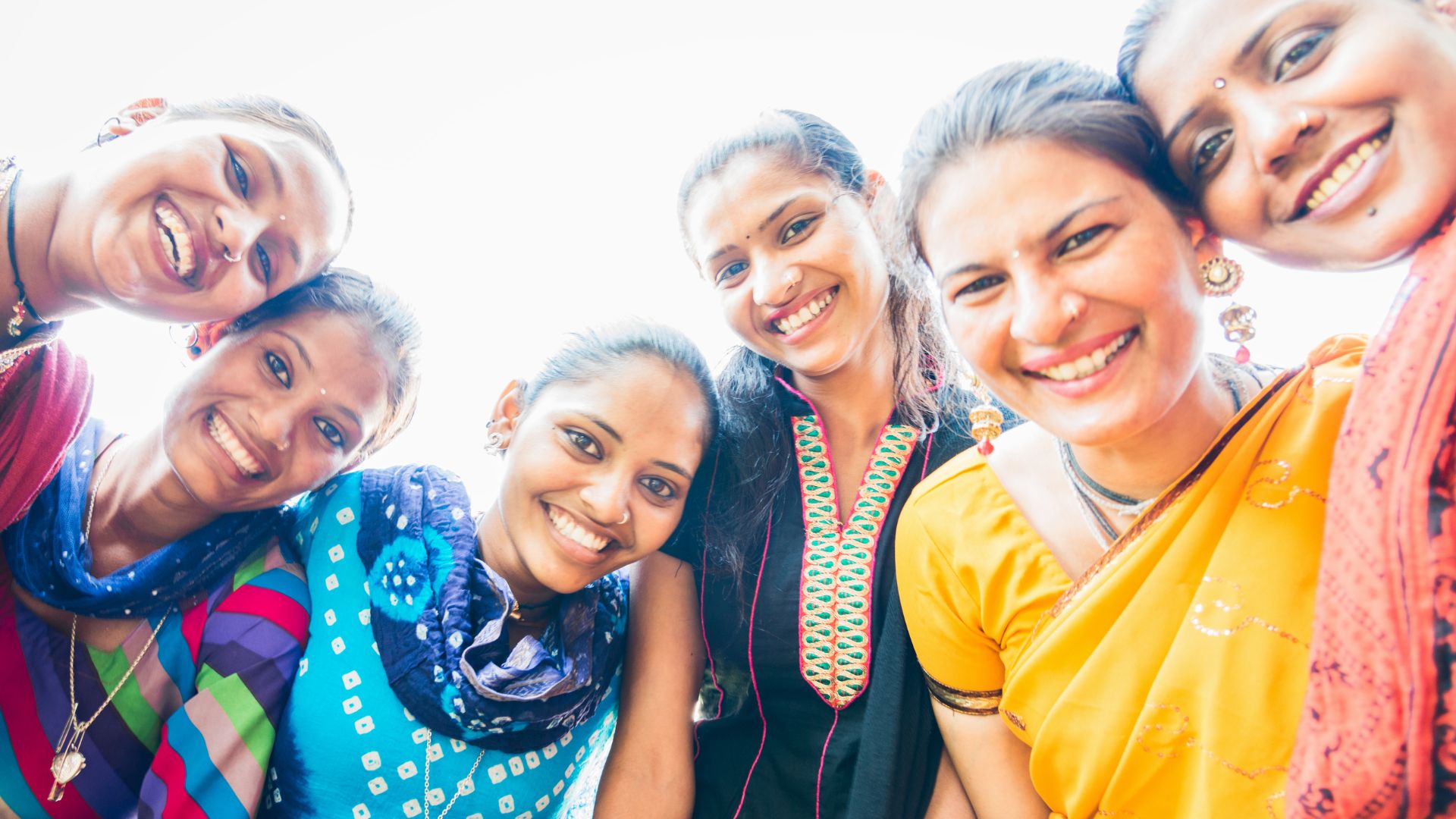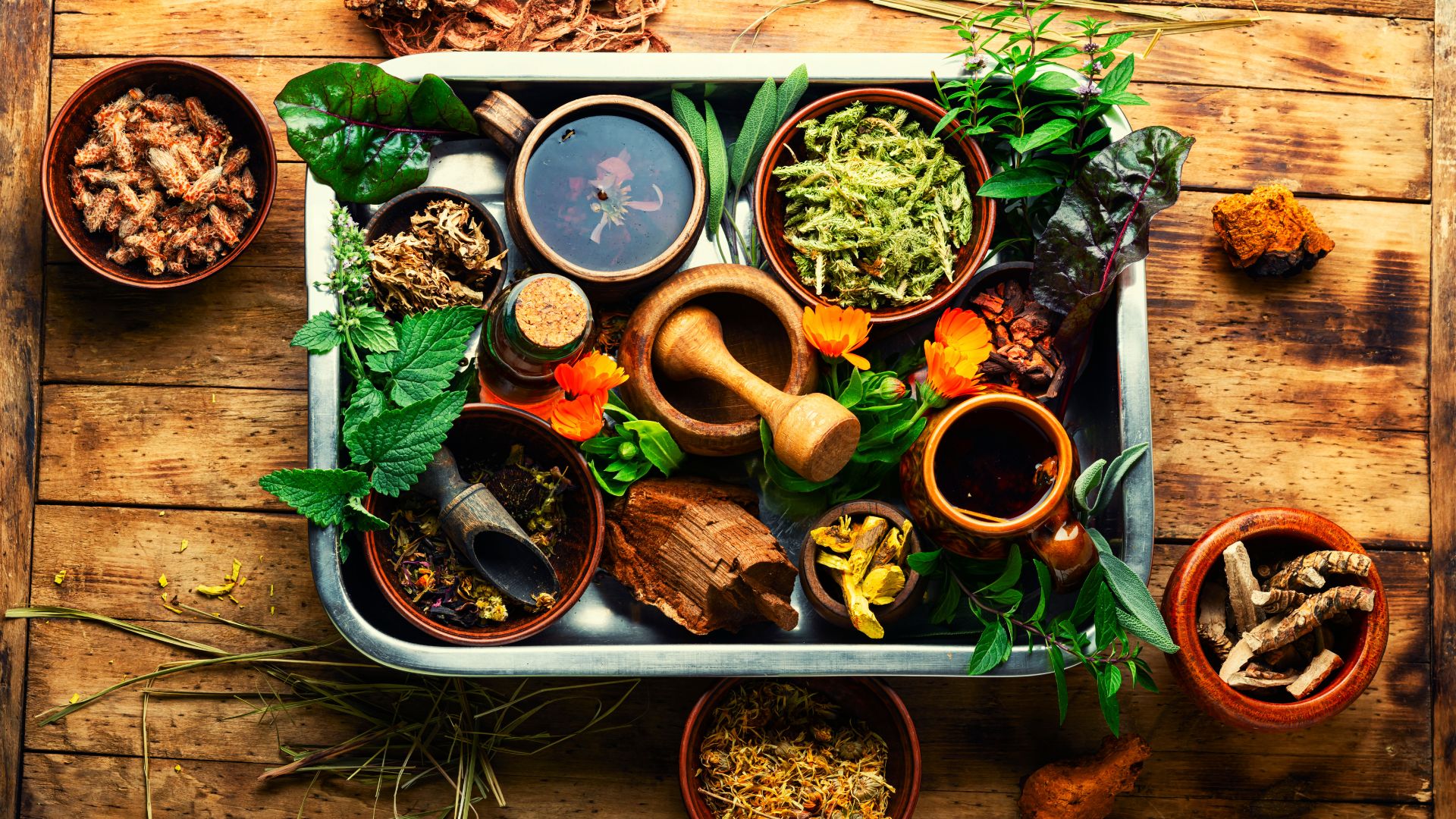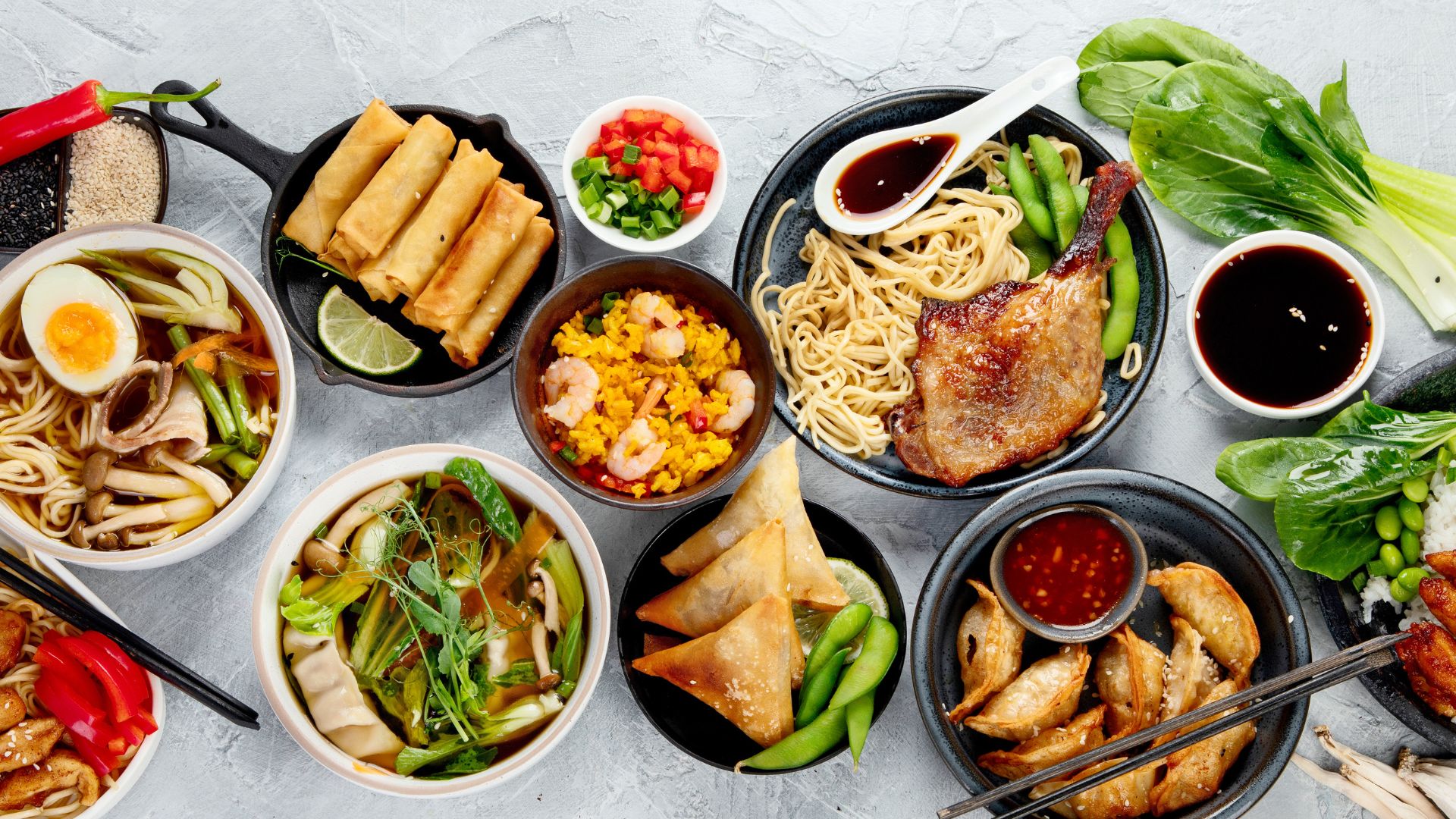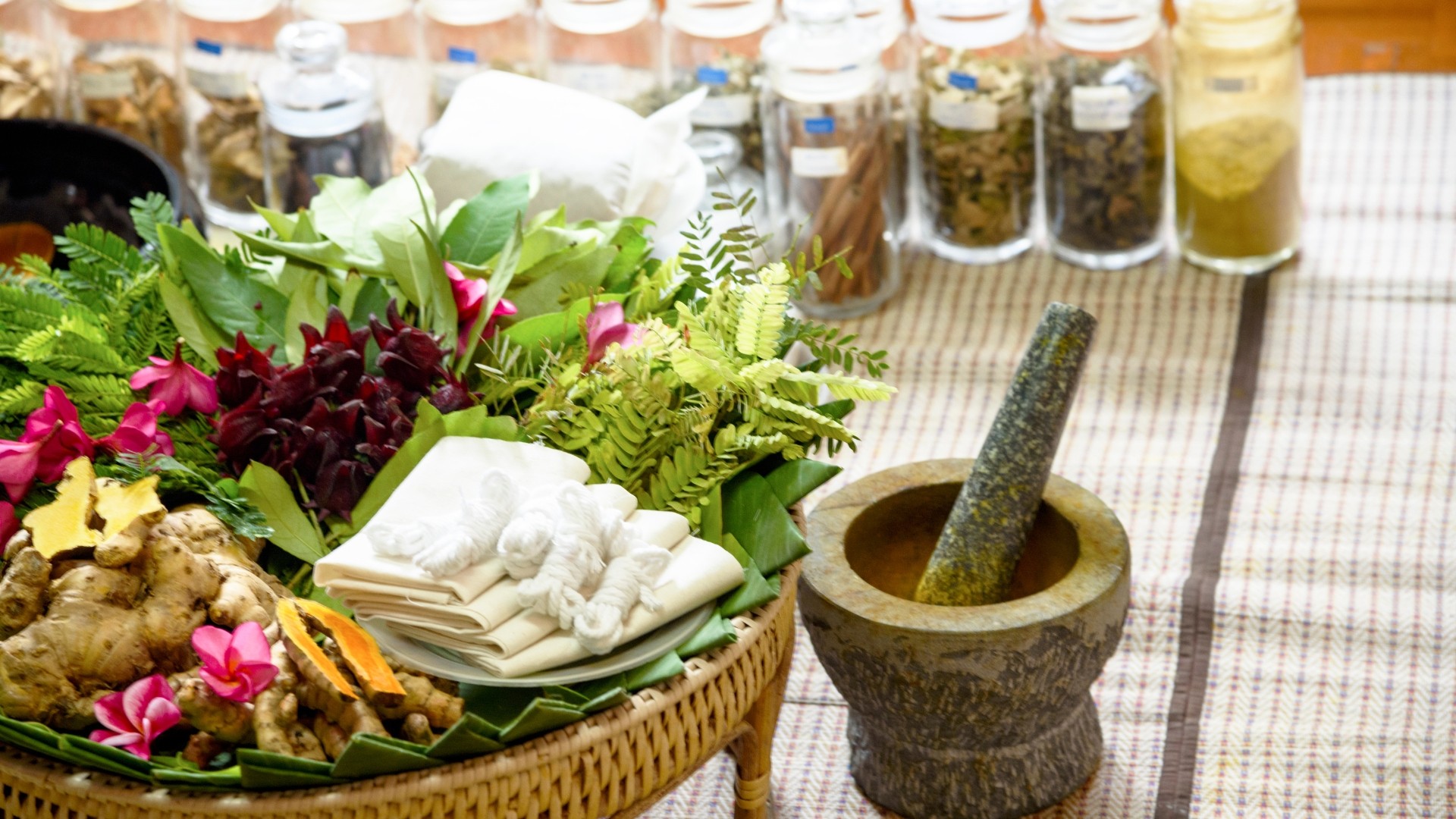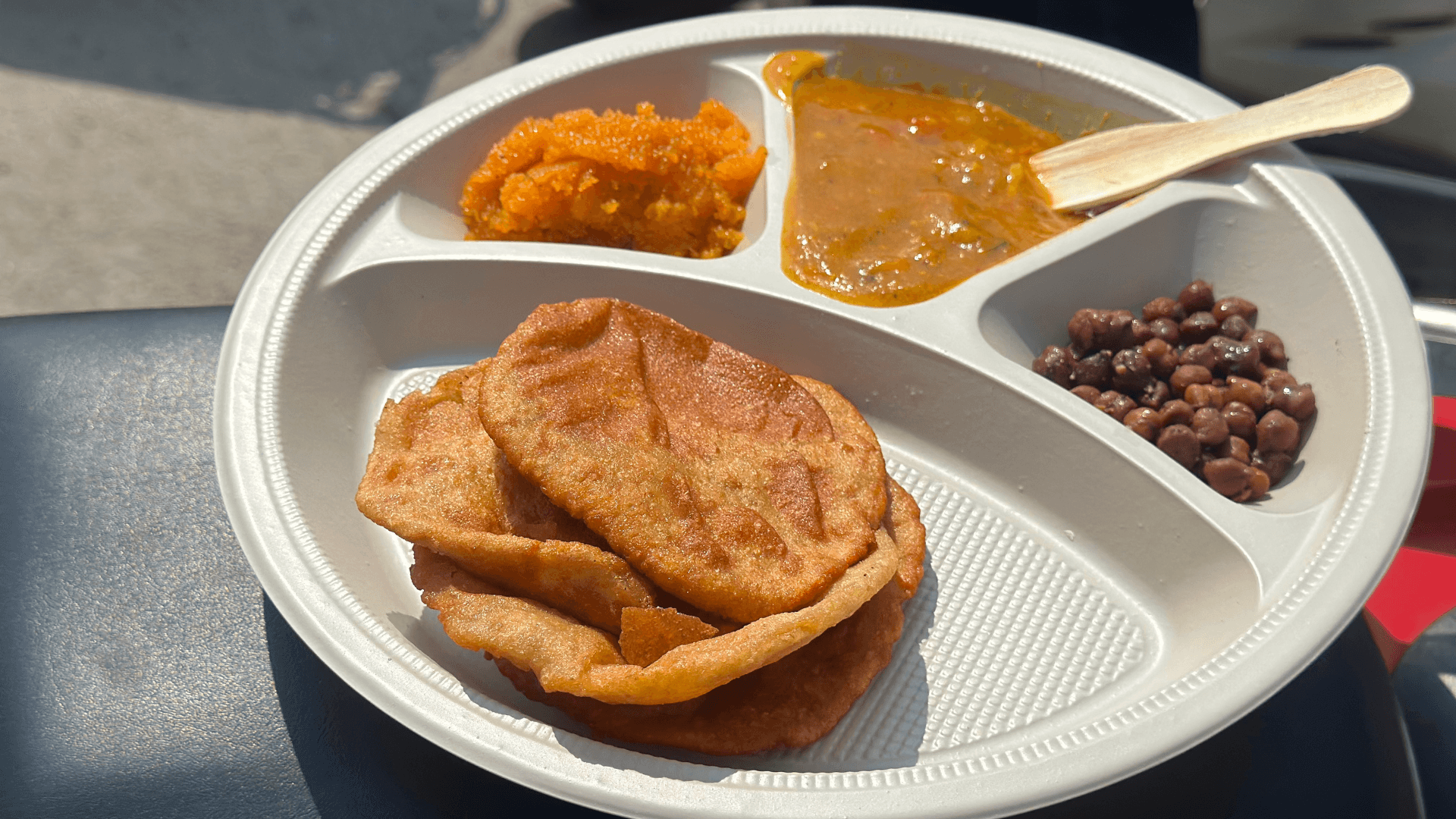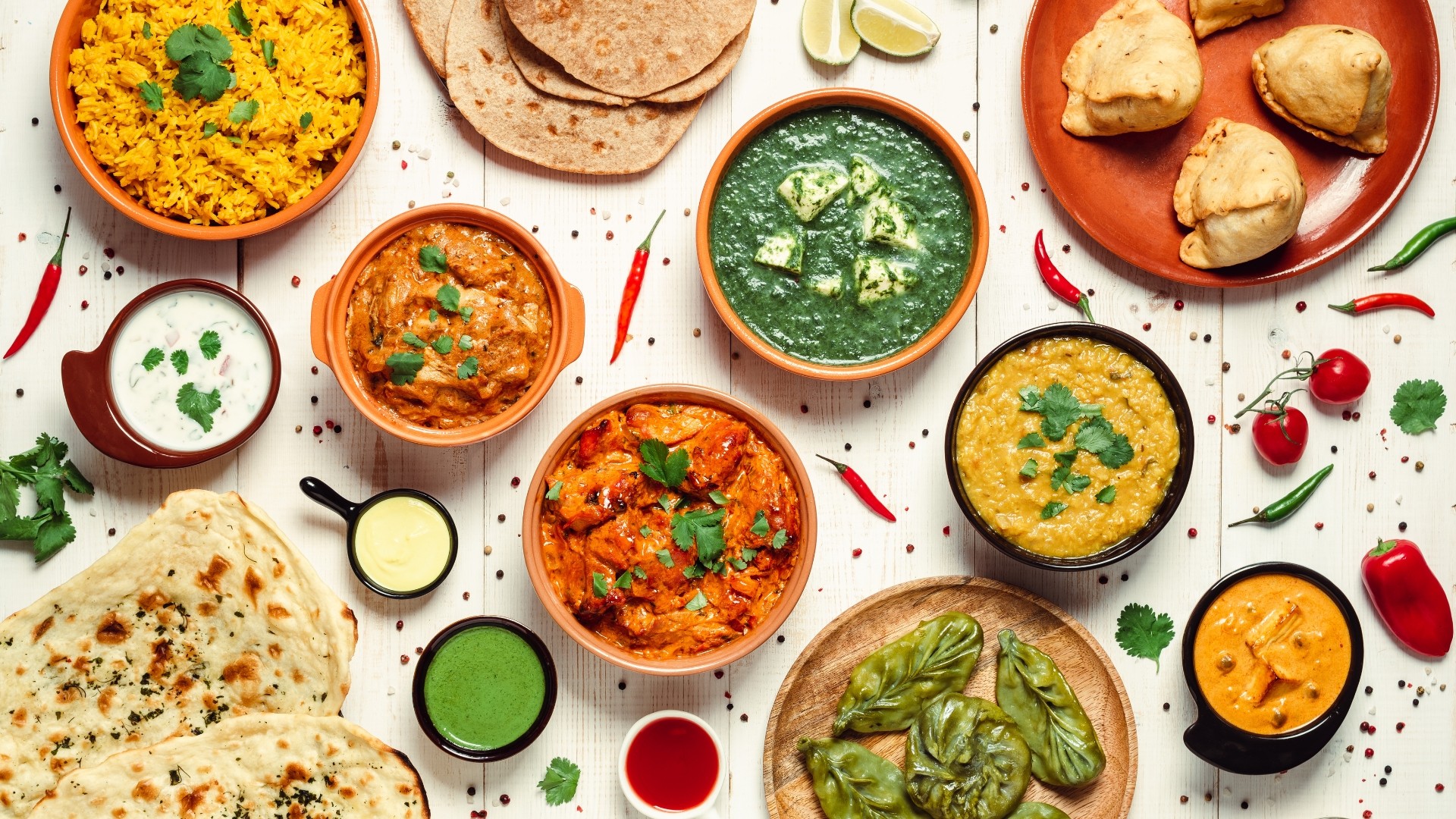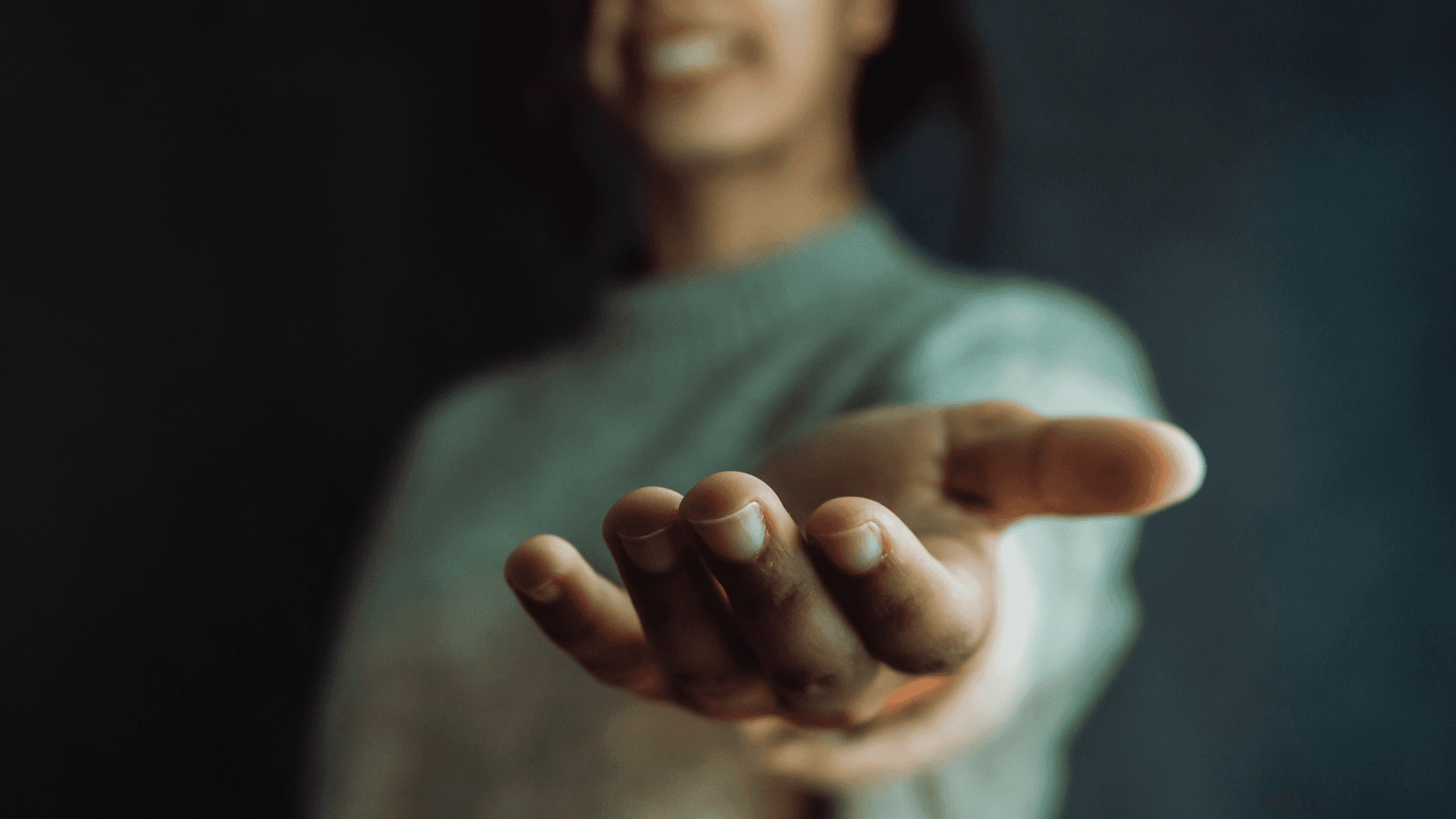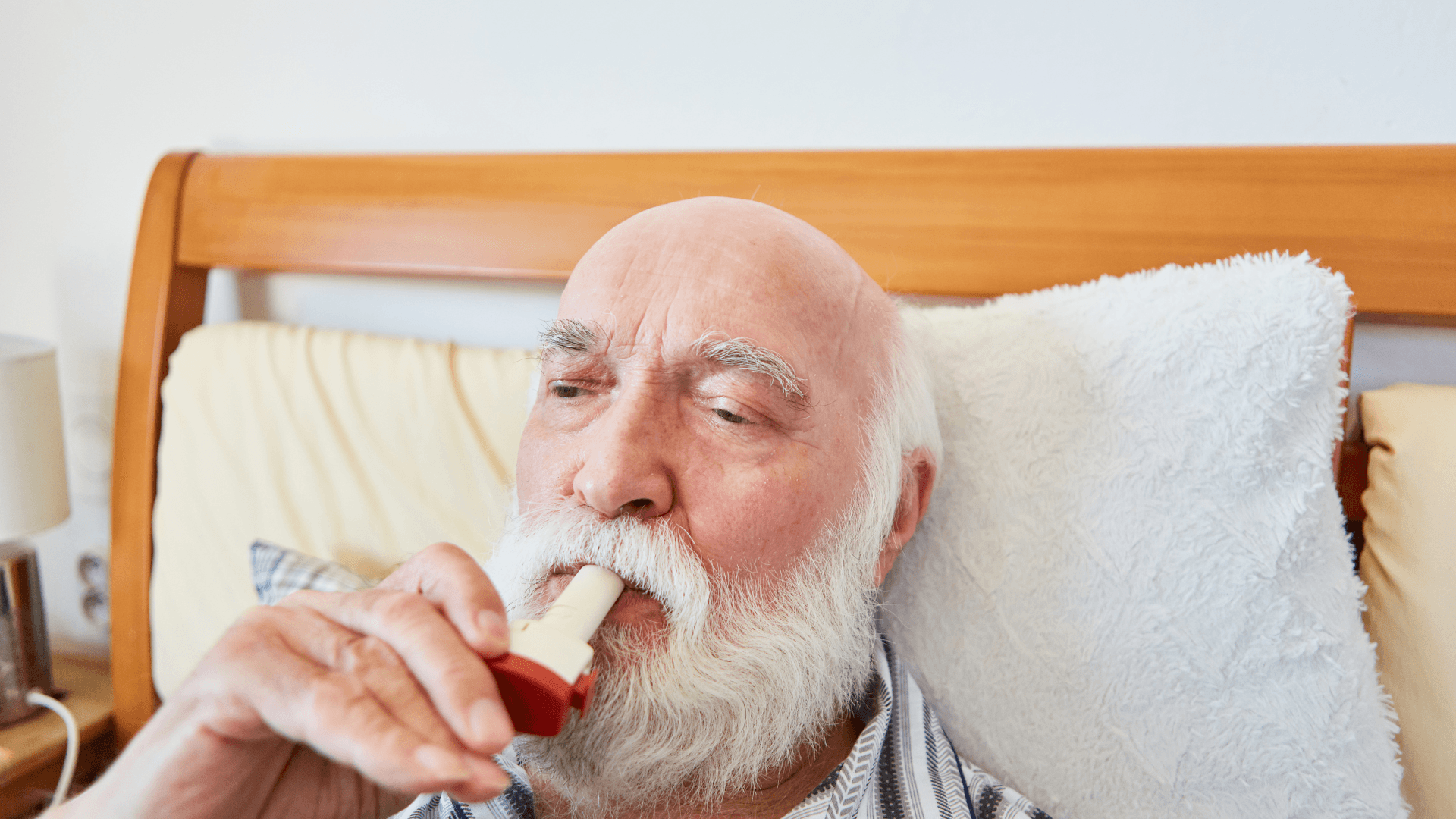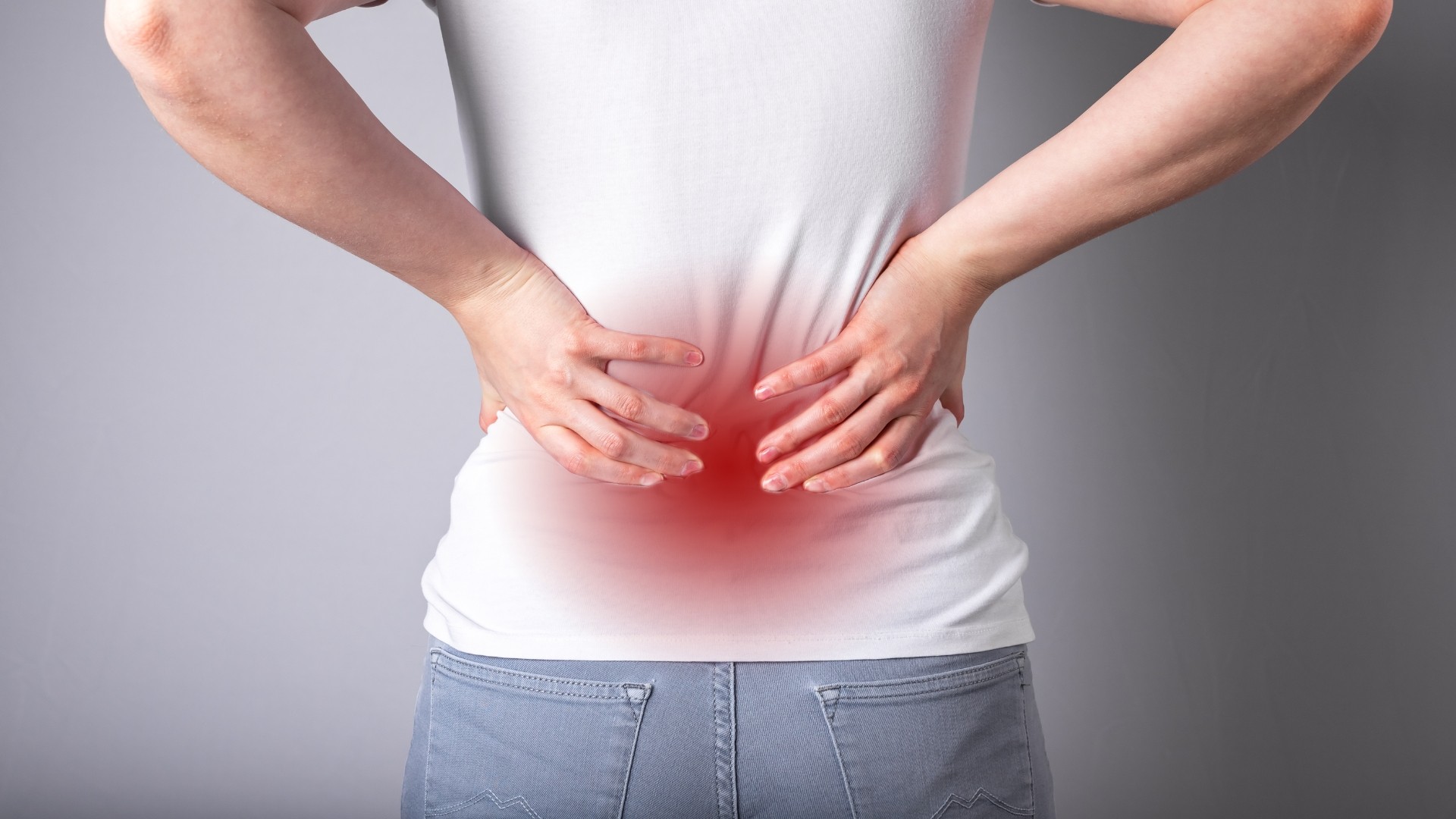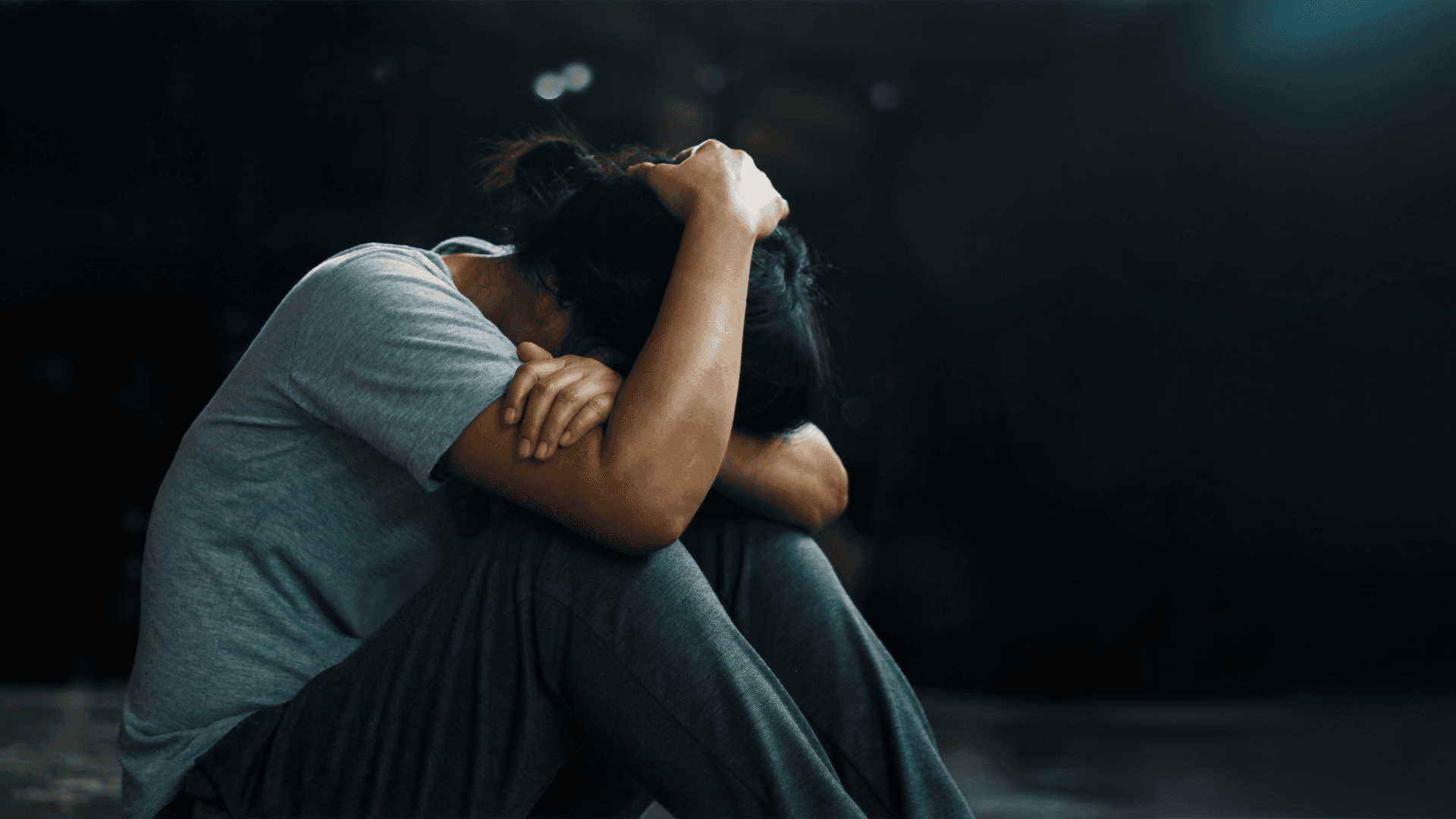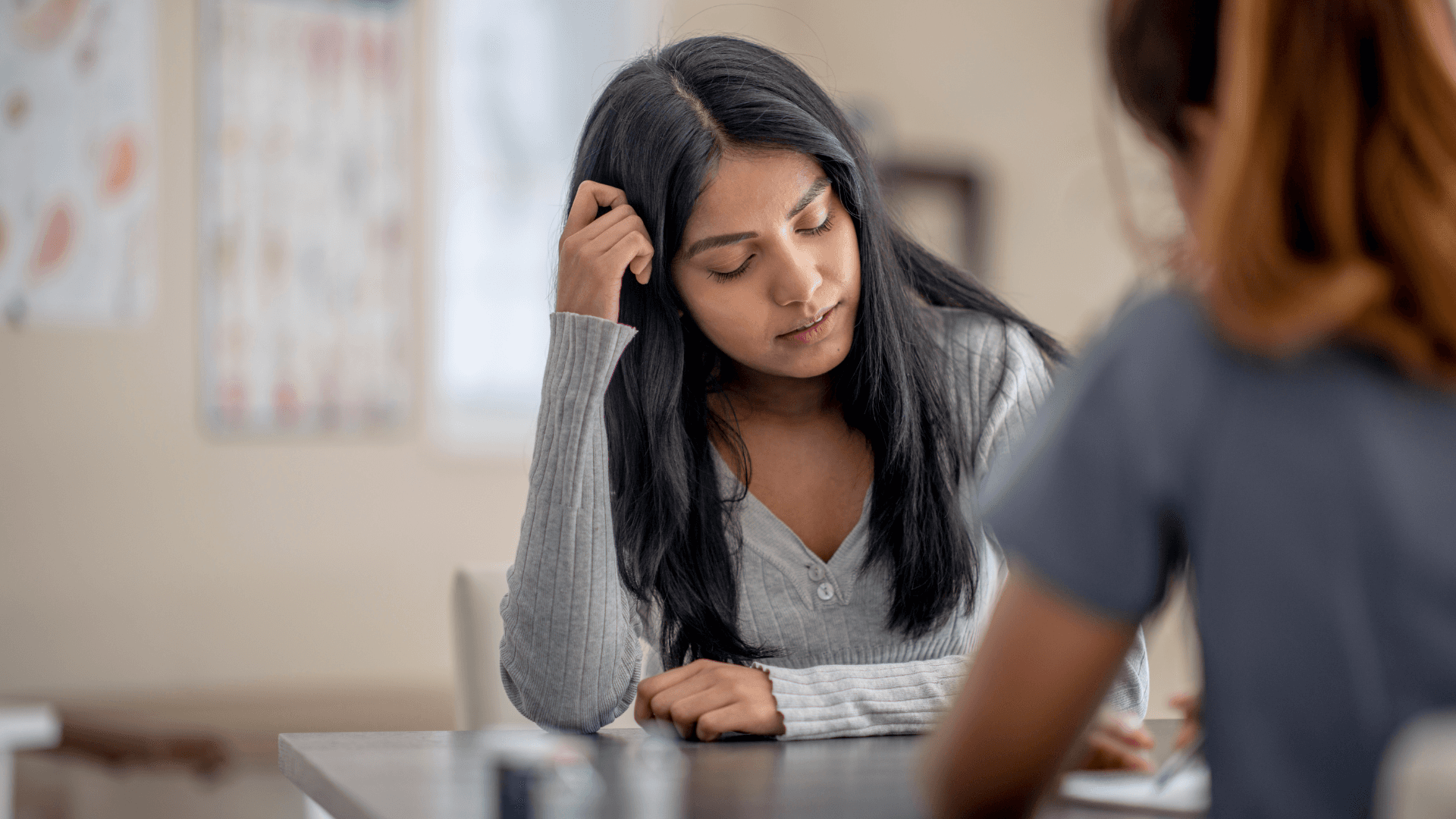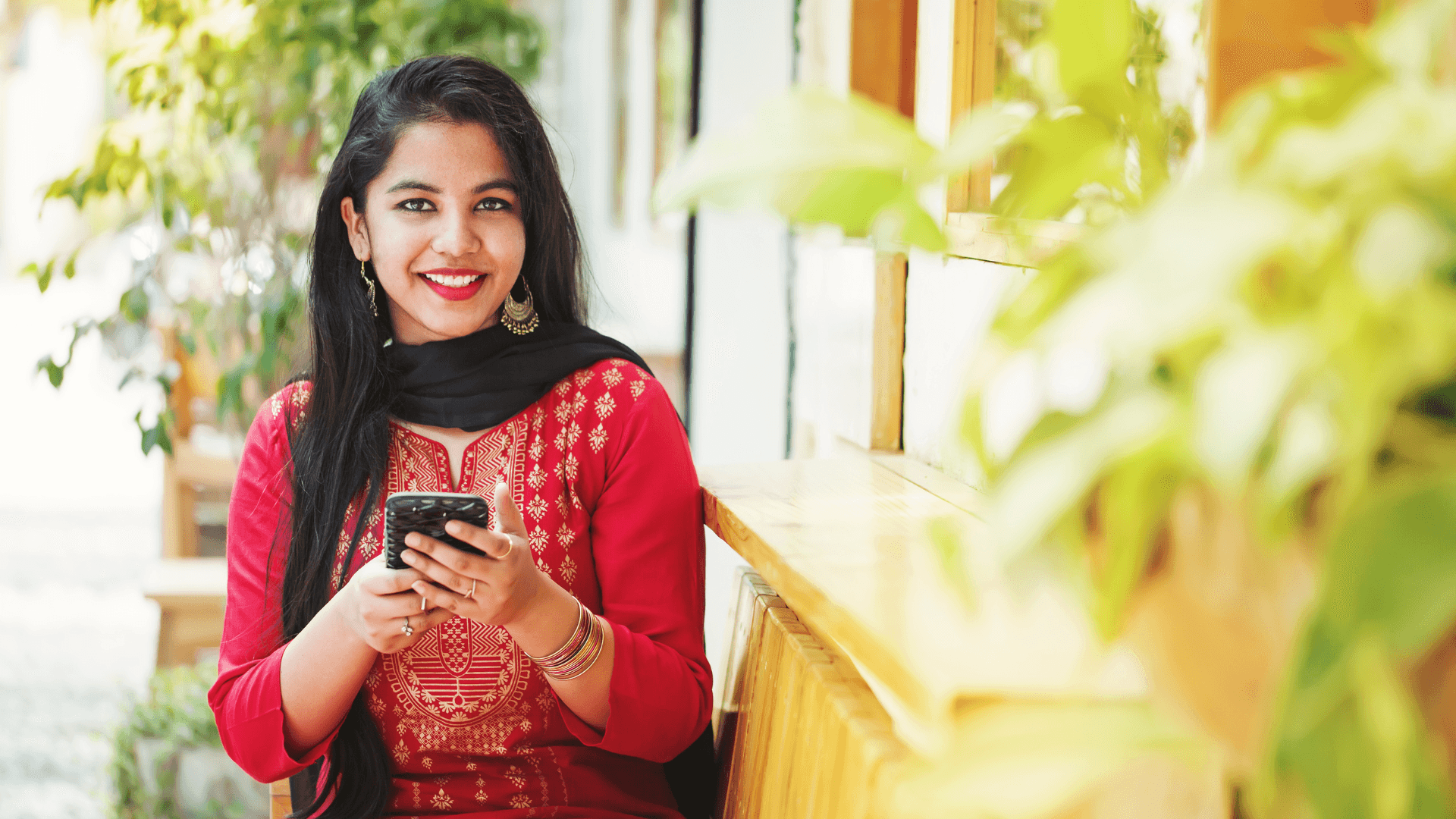Feb 6, 2024
A 2017 study in the journal Computers in Human Behavior showed while social media helps connect, excessive use can contribute to loneliness and isolation, especially if it replaces face-to-face interactions. This holds true for South Asian youth navigating cultural nuances and balancing online and offline connections.
Technology. It's ubiquitous, shaping our lives from communication to entertainment. But while it offers undeniable benefits, its influence on our mental well-being is a complex dance, a double-edged sword wielding both positive and negative impacts. Let's dissect this relationship by exploring five key ways technology shapes our mental health, backed by facts, factors, and real-world examples:
1. The Comparison Cauldron: Social Media's Envy Brew
A 2018 study published in the Journal of Social and Clinical Psychology found that exposure to idealized social media portrayals can increase feelings of inadequacy and social comparison, leading to lower self-esteem and depression.
Factors:
Curated Perfection: Social media feeds showcase the best moments, carefully crafted to present unrealistic portrayals of success and happiness. This "highlight reel" distorts reality, creating a perception of everyone else having perfect lives.
Fear of Missing Out (FOMO): The constant stream of updates and activities can trigger FOMO, making us feel left out and inadequate, further fueling the comparison trap.
Example: Scrolling through endless vacation photos might leave you feeling dissatisfied with your own life, potentially leading to decreased motivation and negative self-talk.
2. Information Overload: The Anxiety Avalanche
A 2021 study in the International Journal of Environmental Research and Public Health found that excessive news consumption and constant notifications can lead to increased anxiety and difficulty focusing.
Factors:
24/7 News Cycle: The constant barrage of news, often negative, can create a sense of information overload and overwhelm, triggering anxiety and difficulty disconnecting.
Notification Fatigue: The incessant stream of pings, alerts, and updates can be mentally draining, hindering concentration and promoting a feeling of needing to be constantly "on."
Example: Checking the news first thing in the morning exposes you to negativity right off the bat, potentially setting the tone for a stressful day.
3. The Blue Light Blues: Sleepless Nights, Groggy Days
Research published in the journal Nature and Science of Sleep in 2013 showed that exposure to blue light emitted from electronic devices before bed suppresses melatonin production, making it harder to fall asleep and stay asleep, impacting mood and energy levels.
Factors:
Disrupted Sleep Patterns: The blue light emitted by screens disrupts the natural sleep-wake cycle, leading to sleep disturbances, fatigue, and difficulty concentrating.
Pre-sleep Screen Time: Using phones or laptops close to bedtime keeps the brain stimulated, making it harder to wind down and transition to sleep.
Example: Spending an hour scrolling through social media before bed can significantly impact your sleep quality, leaving you feeling groggy and irritable the next day.
4. Cyberbullying's Sting: From Anonymity to Anguish
A 2022 study in the journal Cyberpsychology, Behavior, and Social Networking found that cyberbullying is associated with increased anxiety, depression, and suicidal ideation, particularly among adolescents and young adults.
Factors:
Online Anonymity: The anonymity of the online world emboldens bullies, creating a safe space for hurtful comments and harassment, with lasting negative impacts.
Social Exclusion and Isolation: Cyberbullying can lead to social isolation and ostracization, exacerbating feelings of loneliness and worthlessness.
Example: A hurtful comment on a social media post can stay with someone for a long time, leading to social withdrawal and decreased self-esteem.
5. Disconnecting to Connect: The Paradox of Social Media
A 2017 study published in the journal Computers in Human Behavior found that while social media helps us connect with others, excessive use can contribute to feelings of loneliness and isolation, especially if it replaces face-to-face interactions.
Factors:
Quantity over Quality: Social media interactions can be superficial and lack the depth and intimacy of real-life connections, leading to feelings of emptiness and loneliness.
Fear of Missing Out (FOMO) in Real Life: Spending too much time online can make real-life interactions seem less appealing, creating a vicious cycle of social withdrawal and isolation.
Example: Preferring text messages over meeting up with friends in person can create a sense of social isolation and diminish meaningful connections.
Tech Innovations for Mental Well-being
Talkspace and Online Therapy: Digital platforms like Talkspace offer convenient access to therapy and counseling services, breaking down barriers to mental health support.
Calm and Headspace Apps: Apps like Calm and Headspace leverage technology to deliver guided meditation and relaxation exercises, making mental health practices more accessible to a global audience.
Telehealth Services: The integration of telehealth services allows individuals to connect with mental health professionals remotely, ensuring continuous support irrespective of geographical constraints.
Crafting a Balanced Digital Future
While technology undeniably shapes our daily lives, its impact on mental health is contingent on how we navigate this digital frontier. By embracing mindful practices, implementing digital detox strategies, and leveraging technology for positive mental well-being, we can find a harmonious balance in our tech-driven reality. Let's embark on a journey where technology becomes a tool for empowerment rather than a source of digital dilemmas.
